Winter wind break
Raymondo
19 years ago
Related Stories
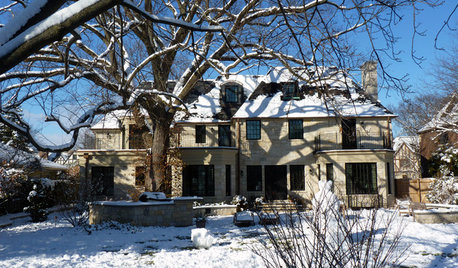
LIFEHouzz Call: How Are You Handling the Record-Breaking Cold?
Share your tales, strategies and photos for everything polar vortex
Full Story
GREEN BUILDINGThe Big Freeze: Inventors Break New Ground to Keep Things Cool
Old-fashioned fridges can be energy guzzlers, but there are more eco-friendly ways of keeping food fresh, as these global innovations show
Full Story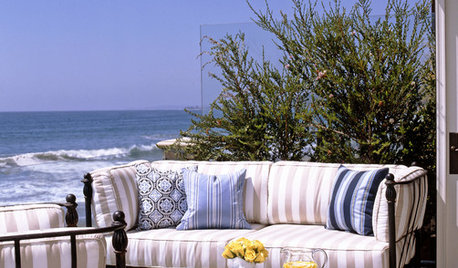
GARDENING AND LANDSCAPINGHow to Screen a Seaside Garden From the Wind
Lucky enough to live by the coast? Here’s how to protect your garden and deck from the harsh sea breezes
Full Story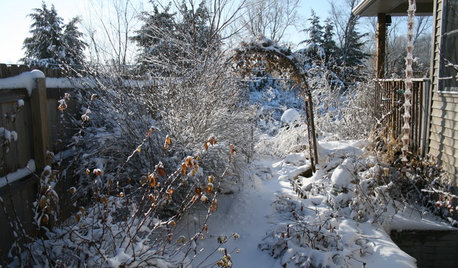
LIFE6 Ways to Beat the Winter Blahs
Snow and dark days dampening your spirits? These ideas will have you looking on the bright side
Full Story
GARDENING GUIDESGarden Myths to Debunk as You Dig This Fall and Rest Over Winter
Termites hate wood mulch, don’t amend soil for trees, avoid gravel in planters — and more nuggets of garden wisdom
Full Story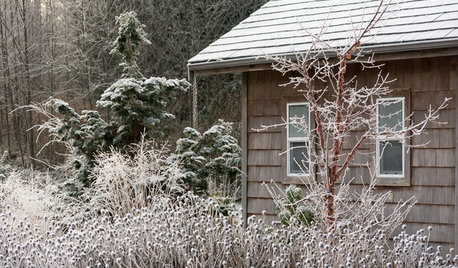
WINTER GARDENINGLook Beyond Plants for a Wonderful Winter Garden
Use sculptures, fences and other structures to draw the eye to a bare-bones landscape
Full Story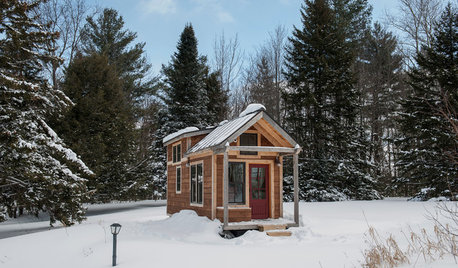
MOST POPULARHouzz Call: Show Us Your Winter View!
Share pictures of your home and garden in winter — whatever your climate, architecture and plantings
Full Story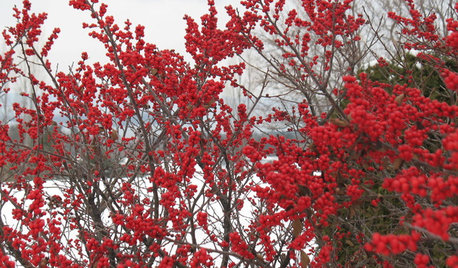
GARDENING GUIDES6 Rockin’ Red Plants for Winter Gardens
Use the bright berries or branches of these cold-climate favorites for outdoor garden interest or container arrangements anywhere
Full Story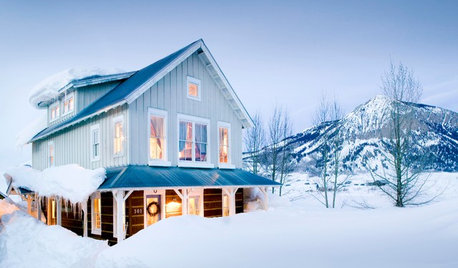
LIFEHard Winter? 9 Ways to Battle Cabin Fever
We know a lot of you are trapped where it just won’t stop snowing. Here are some ways to survive
Full Story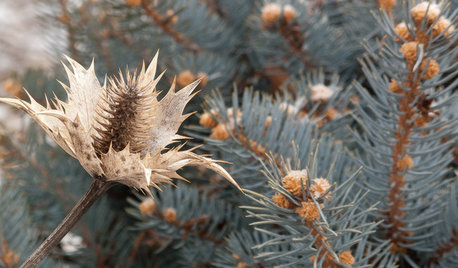
WINTER GARDENINGInspiring Winter Scenes From the Denver Botanic Gardens
Use seed heads, bare branches and grasses to design lovely garden displays when the ground is frozen
Full Story

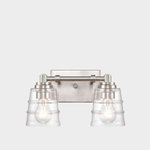



Belgianpup
RaymondoOriginal Author
Related Professionals
Baltimore Landscape Architects & Landscape Designers · Owings Mills Landscape Architects & Landscape Designers · Willowick Landscape Architects & Landscape Designers · Anderson Landscape Contractors · Arlington Landscape Contractors · Brookline Landscape Contractors · Coram Landscape Contractors · Hampton Bays Landscape Contractors · Milford Mill Landscape Contractors · Petaluma Landscape Contractors · Wanaque Landscape Contractors · Palos Hills Landscape Contractors · Ramona Siding & Exteriors · Richmond Siding & Exteriors · Muscoy Solar Energy SystemsRaymondoOriginal Author
Belgianpup
RaymondoOriginal Author
DanaDW
Belgianpup
gmpm1_yahoo_com